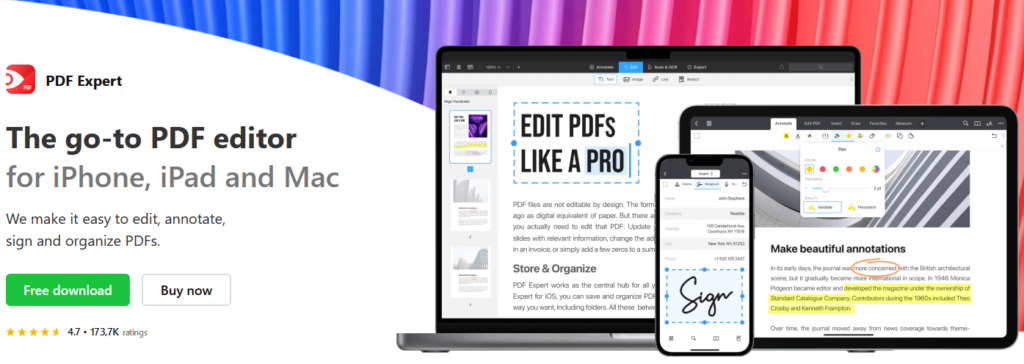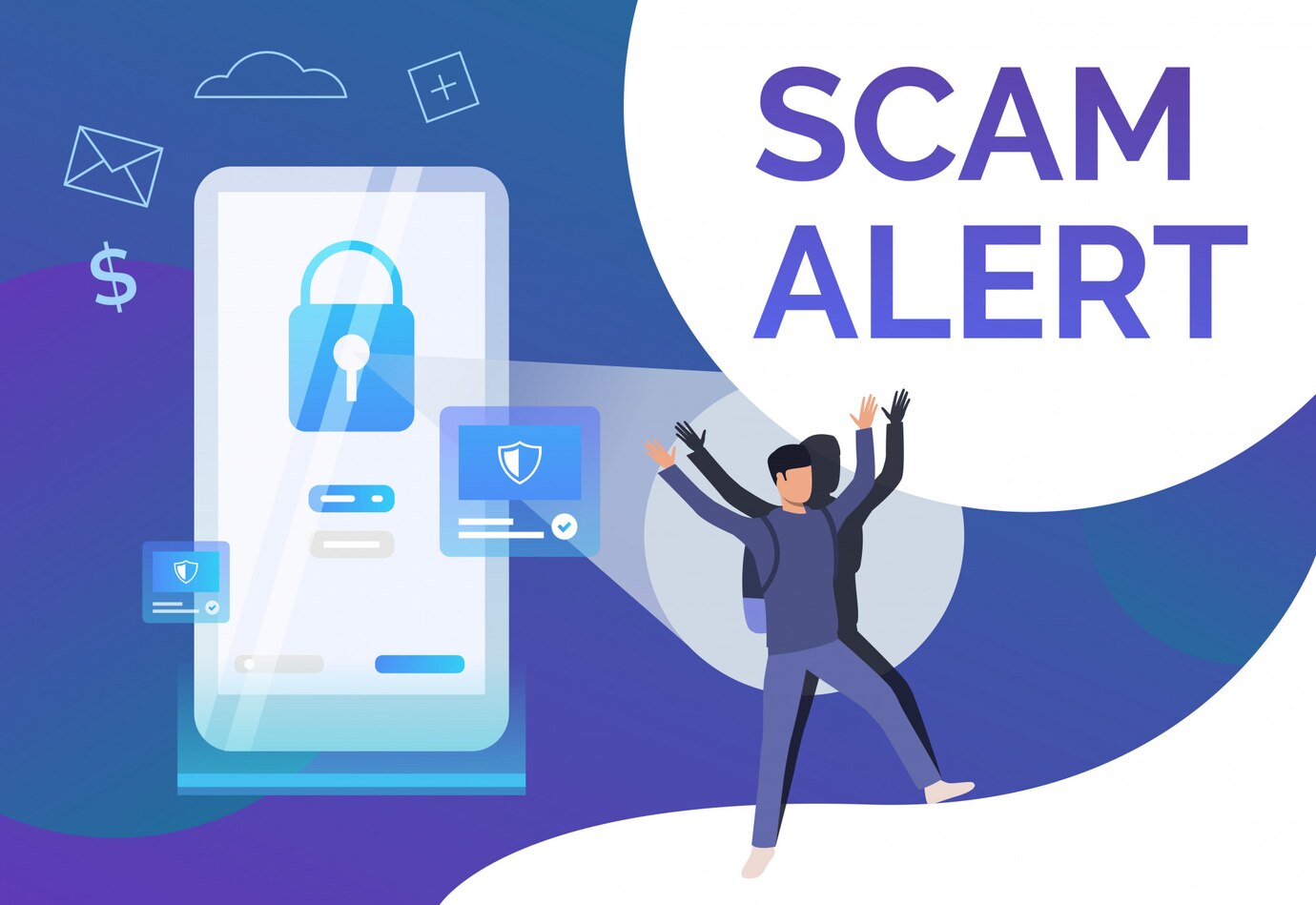Among the myriad tactics cybercriminals employ, the Fake PDF File Scam has emerged as a potent weapon, exploiting human curiosity and trust to sow discord and compromise cybersecurity. In an interconnected world dominated by digital communication, the prevalence of cyber threats looms, with phishing scams standing out as a particularly insidious menace.

SCAM OF THE WEEK
This Fake PDF File Is a Real Threat
| This type of scam starts with a simple phishing email and an attachment that appears to be a hotel invoice. Unfortunately, the attachment isn’t an actual PDF file. It’s a complex attack designed to steal your sensitive information. If you happen to download and open the attachment, an error message appears. The message claims that you need an update in order to view the PDF file. But the file isn’t actually a PDF document, and the error isn’t actually for an update. In reality, the file is a form of malware, and if you agree to the update, you’ll launch that malware. Once launched, it quickly scans your device, collects your sensitive information, and sends it to the cybercriminals. This malware helps the scammers start off the new year with their ideal gift – your personal data! Follow these tips to stay safe from similar scams: Cybercriminals are counting on you to click without thinking. Never open attachments received from an unexpected email. If you booked a hotel for the holidays and received an email about it, check for details that confirm the email’s legitimacy, such as the reservation number, check-in time, and room details. Remember that this type of attack isn’t exclusive to travel invoices. Cybercriminals could use this fake PDF file technique in a number of scenarios. |

Understanding the Fake PDF File Scam
Phishing emails employing fake PDF files operate by enticing recipients to download and open seemingly innocuous documents. These files often mimic legitimate documents or invoices, exploiting the recipient’s curiosity or sense of urgency to prompt interaction. Once opened, these PDFs may contain malware, ransomware, or links to malicious websites, endangering the recipient’s cybersecurity and potentially compromising sensitive data.
5 Possible Fake PDF File Scam Scenarios and Their Impacts
1. Malware Infestation:
Opening the fake PDF file could result in the installation of malware on the recipient’s device, allowing cybercriminals to steal personal information, monitor online activity, or even take control of the system.
Prevention: Exercise caution when receiving unsolicited emails with attachments. Verify the sender’s identity and refrain from downloading attachments from unknown or suspicious sources. Implement robust antivirus software and ensure regular updates to detect and mitigate potential threats.
2. Ransomware Attack:
In some cases, the fake PDF file may serve as a vehicle for ransomware, encrypting the recipient’s files and demanding payment for their release. Such attacks can disrupt operations, compromise data integrity, and incur significant financial losses.
Prevention: Maintain up-to-date backups of critical data to mitigate the impact of ransomware attacks. Exercise vigilance when opening email attachments, particularly those from unfamiliar senders or containing unexpected content.
Also Read: FastestVPN PRO: Lifetime Subscription (15 Devices)
3. Phishing Scam:
Fake PDF files may contain links to counterfeit websites designed to mimic legitimate platforms, such as banking portals or email login pages. Unsuspecting users may unwittingly disclose sensitive credentials, enabling hackers to carryout identity theft or financial fraud.
Prevention: Verify the authenticity of websites by scrutinizing URLs for discrepancies or unusual characters. Avoid clicking on links attached within suspicious emails and instead navigate to websites manually through trusted bookmarks or search engines.
4. Data Breach:
Upon opening the fake PDF file, sophisticated malware could exploit vulnerabilities in the recipient’s system to exfiltrate sensitive data, including personal identifiable information (PII) or corporate secrets. Such breaches can tarnish reputation, violate privacy regulations, and incur legal repercussions.
Prevention: Employ robust cybersecurity measures, such as encryption, firewalls, and intrusion detection systems, to prevent against unauthorized access to sensitive data. Implement regular security audits and penetration testing to identify and remediate potential vulnerabilities proactively.
5. Financial Fraud:
Cybercriminals may leverage fake PDF files to deceive recipients into authorizing fraudulent transactions or divulging financial information. This form of fraud can lead to financial losses, damaged trust, and prolonged legal battles to recover stolen funds.
Prevention: Exercise skepticism when encountering unexpected requests for financial information or transactions. Verify the legitimacy of requests through alternative communication channels, such as phone calls or official websites, before taking any action.

Conclusion
The Fake PDF File Scam exemplifies the insidious nature of phishing emails, exploiting human vulnerabilities to infiltrate systems, compromise data, and perpetrate cybercrimes. By raising awareness of the potential impacts and introducing proactive security measures, individuals and organizations can fortify their defenses against these malicious threats, preserving their digital assets and safeguarding their online presence. Stay vigilant, stay informed, and stay protected in the ever-evolving landscape of cybersecurity.




